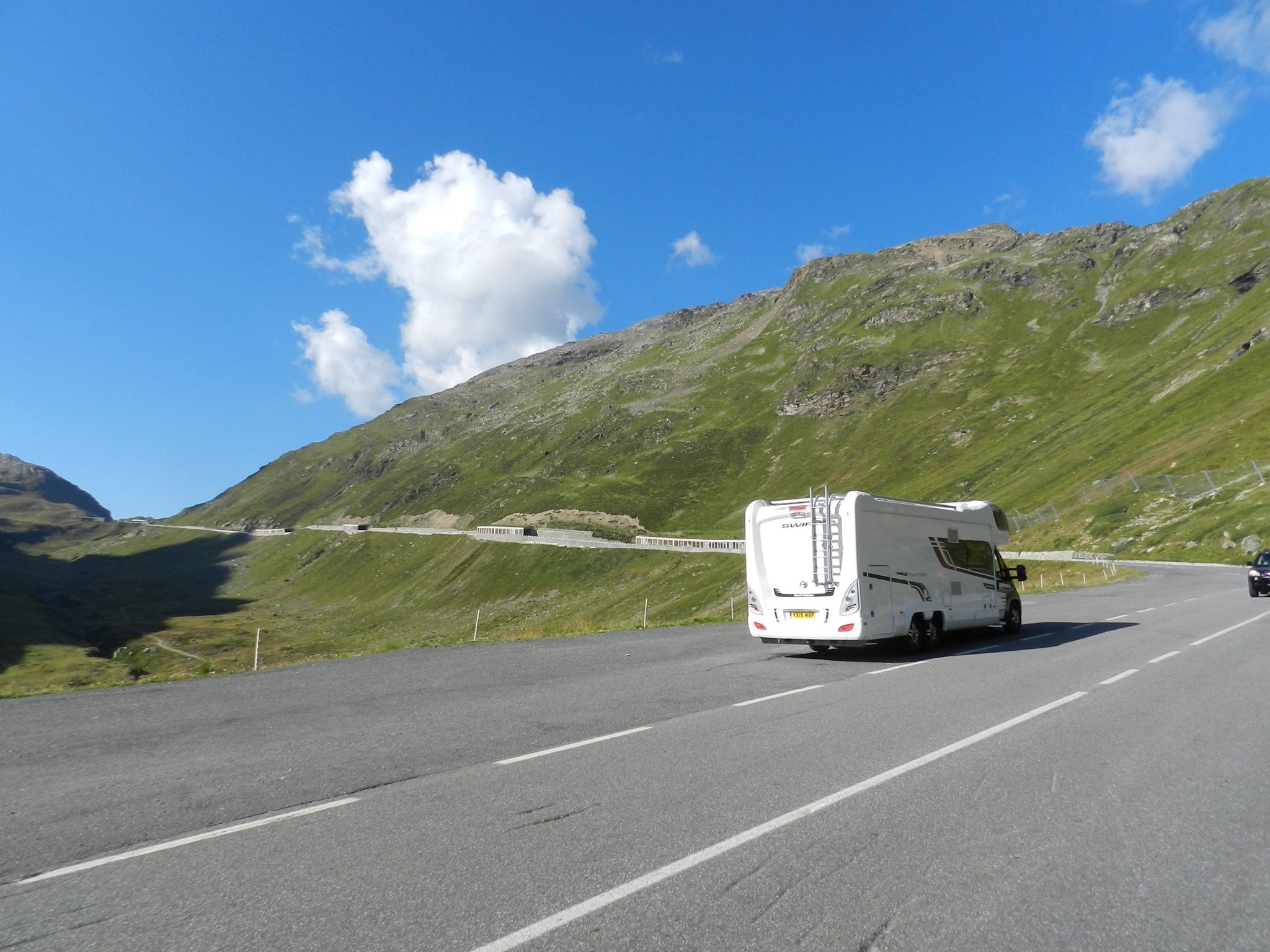Many motorhomers and caravanners ask the question – what gas should I use, propane or butane? How do I know the difference between propane or butane?
Without too much technical information, propane and butane have different boiling points. The boiling point is the temperature at which the liquefied petroleum gas (LPG) stored in the cylinder will “boil” and turn to gas. For butane, this temperature must be at least two degrees Celcius. At temperatures lower than this, the stored LPG with not “boil” and thus not turn to gas. If the stored LPG does not turn to gas, the result is your cooker won’t work!
Propane however “boils” at a much lower temperature. As a result, even if temperatures in the gas locker are below zero degrees Celcius, the stored LPG will still boil and thus turn to gas, providing power for your on board appliances, making propane ideal for winter use. When choosing between propane or butane, given that propane will work all year round in winter conditions, then this seems a more logical choice for the motorhomer or caravanner.
So how do I tell if my gas cylinder has propane or butane in it?
Generally speaking, propane cylinders are a red/orange colour and butane cylinders are blue in colour. There may be exceptions though, so check with your local supplier.
Are there any other differences that may help me to decide whether to use propane or butane?
There are differences in the efficiencies of the two products. In simple terms, butane is generally more efficient. For example, let’s say a small cylinder of propane would boil a pan of water for 10 hours. The same quantity of butane would be about 10% more efficient and so boil the same pan of water for 11 hours. This is a very basic comparison and does not allow for experimental error and so on, but demonstrates the term “efficiency”.
Propane or butane – the cost?
There may also be differences in cost. For example, the Calor website today shows a 13kg propane cylinder available to exchange for £25.49. That’s roughly £1.96 per kg. A 15kg cylinder of Butane was today mentioned on the Calor website at £32.49, so that is £2.16 per kg, so in this example, butane is about 10% more expensive per kg, but remember it burns about 10% more efficient too!
I use propane as I find this to be suitable for all year round use. Even during the bitterly cold winter of 2010 – 2011, the propane delivered the goods!
Also, when considering propane or butane you should check that your regulator is suitable for the product used.






Leave a Reply